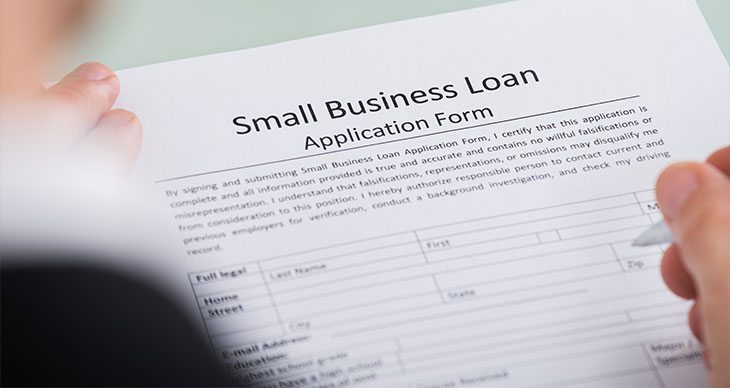What your lender wants to know about YOU
Applying for a small business loan can be stressful. A lender might even make you feel like you’re in the Spanish Inquisition as they dig into things like your personal credit score, your business credit profile, and other data points in your business and personal life. You’re not really facing an Inquisitor, though—just someone trying to determine whether or not you qualify for a loan. Your job is to convince them of these three things:
- I can make regular and timely loan payments. When lenders ask about things like how long you’ve been in business and what your annual revenues are, they’re trying to determine whether or not you have the cash flow to support regular loan payments. Sometimes it might feel like they don’t want to lend to anyone who really needs the money—but that isn’t the case. What they really want to know is, “Can this borrower make his or her scheduled payments?”
While every lender is different and they all weigh this information differently, their desire to know whether or not you can make the required loan payments is also why they ask about your time in business, your monthly cash flow, and your industry. If you can convince them you can make the required payments on time, it will improve your odds with a lender.
- I will make regular and timely loan payments. Although the difference is subtle, lenders also want to know that you will make timely payments. This is why they look into your personal credit score and your business credit profile. They’re trying to forecast what you’ll do in the future based upon what you’ve done in the past. While your personal credit score and how timely you pay your mortgage or make auto loan payments might be an imperfect way to measure whether or not you’ll repay a small business loan, it does give a lender insight into how you’ve met your financial obligations in the past.
Although your business credit profile more accurately represents how you’ve treated your business financing obligations, lenders often use both your personal credit score and business credit profile to identify how you would most likely repay a small business loan.
Additionally, your business credit profile also identifies other public data about your business that might impact whether or not you’d be likely to repay a loan—or at least identifies the characteristics of others in your industry. Some industry categories are considered a higher credit risk than others (which is why you should make sure your profile includes accurate information).
- I have a backup plan should something unexpected happen. If things don’t go as planned or the reason you’re borrowing money doesn’t do what it was supposed to do, lenders want to know they’ll still get their regular loan payment. That’s another reason they want to understand your revenue and cash flow. Regardless of what happens, will you be able to make the monthly payments? If you can convince the lender that you can and you will, you’ll improve your chances.
It’s also why many traditional lenders ask for real estate or other valuable assets as collateral. In the event you default on your business loan, they want to have options to collect the debt.
One of the biggest challenges facing small business owners is accessing the capital they need to fuel growth and fund working capital. Regardless of how long you’ve been in business, if you can demonstrate to a lender that you can repay a loan, you will repay a loan, and that you have a backup plan should something unexpected happen, you’ll greatly improve the odds of success whether you visit the local bank or one of the many new online lenders who offer small business loans.






